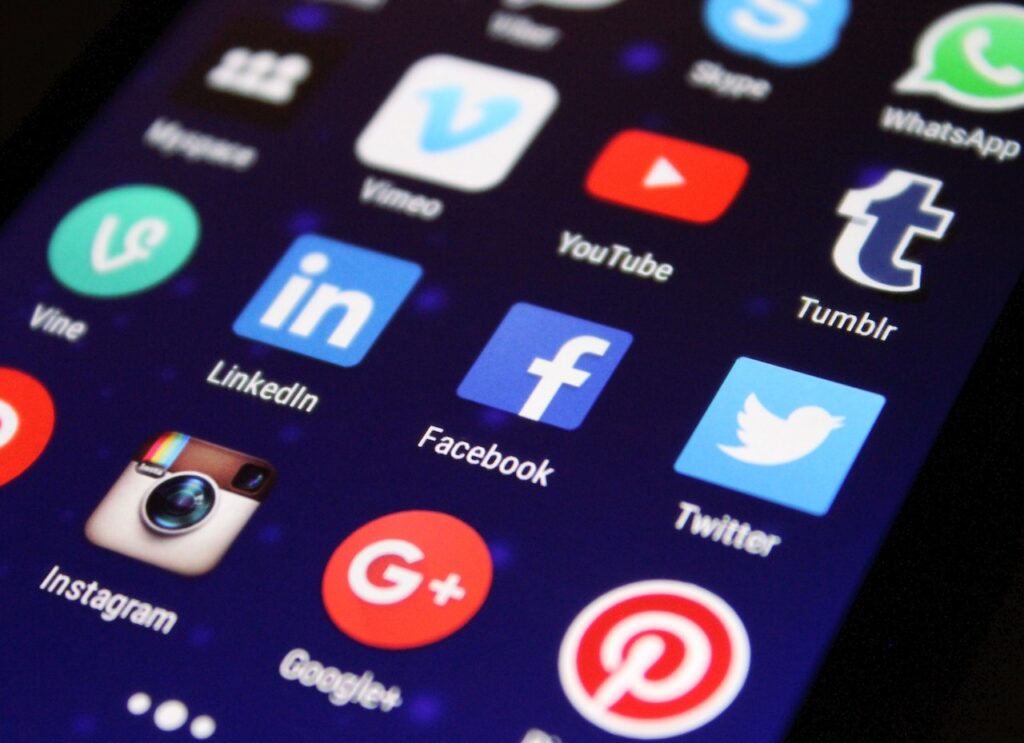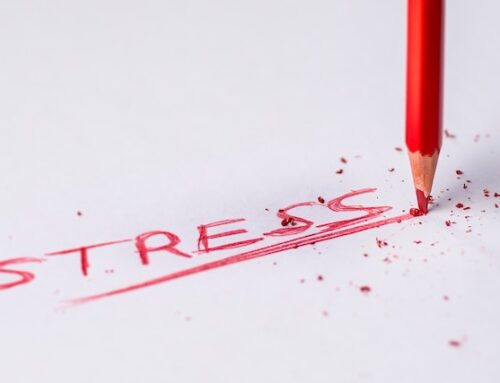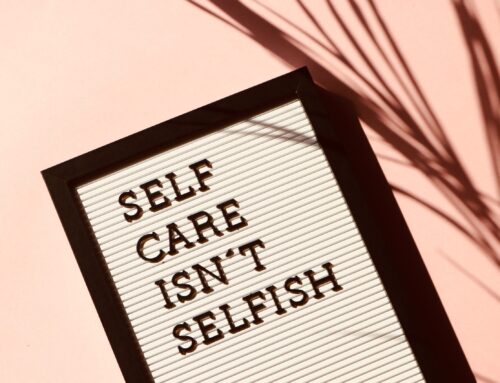
Introduction
In today’s world, social media has become an integral part of our daily lives. With the proliferation of smartphones and other digital devices, people spend more and more time on social media platforms such as Facebook, Instagram, Twitter, and TikTok.
Even though these platforms give us a lot of ways to communicate, connect, and express ourselves, they also have a big effect on our mental health.
In this article, we’ll talk about the good and bad things about social media and give tips on how to stay mentally healthy while using the internet.
Positive Aspects of Social Media
- Connectivity and Social Support: Social media platforms allow users to connect with friends, family, and like-minded individuals across the globe. This can help people feel a sense of belonging, find support during difficult times, and share their interests and passions.
- Access to Information: Social media has become a crucial source of information, enabling users to access news, research, and educational content. This can help individuals stay informed, cultivate their interests, and gain new insights into various topics.
- Self-Expression and Creativity: Platforms like Instagram and TikTok allow users to express themselves through photography, videography, and other creative mediums. This can be an empowering way to showcase one’s talents and passions.
Negative Aspects of Social Media
- Comparisons and Low Self-Esteem: Social media often presents an idealized version of people’s lives, with carefully curated photos and posts that may not represent reality. This can lead to feelings of inadequacy, as users compare themselves to others and feel they fall short.
- Fear of Missing Out (FOMO): Constant exposure to others’ experiences on social media can lead to feelings of FOMO, resulting in anxiety, restlessness, and dissatisfaction with one’s life.
- Cyberbullying and Online Harassment: Social media can also be a breeding ground for negative behaviours such as cyberbullying and harassment. This can have severe consequences for mental health, including increased feelings of loneliness, depression, and anxiety.
- Information Overload and Sleep Disruption: The sheer volume of content and the addictive nature of social media can lead to information overload, negatively affecting our ability to concentrate and make decisions. Additionally, excessive screen time, especially before bedtime, can disrupt our sleep patterns, impacting our overall mental health.
Tips for Navigating the Digital World
- Set Boundaries: Establishing boundaries for your social media use is essential. Allocate specific times of the day to check your accounts and limit the overall time spent on these platforms. Additionally, consider turning off notifications to reduce distractions and avoid using social media right before bedtime.
- Cultivate a Mindful Approach: Be mindful of your feelings and emotions while using social media. If you notice negative emotions arising, take a step back and reflect on the cause. This will help you identify unhealthy patterns or triggers and make necessary changes.
- Curate Your Feed: Make a conscious effort to follow accounts that promote positivity, growth, and inspiration. Unfollow or mute accounts that make you feel inadequate or contribute to feelings of low self-esteem.
- Engage in Positive Interactions: Use social media as a tool to build meaningful connections and offer support to others. Engage in positive discussions, share helpful information, and practice empathy and kindness online.
- Seek Balance: To maintain good mental health, balancing your digital and offline life is crucial. Engage in hobbies and activities that do not involve screens, such as spending time in nature, exercising, reading, or practising mindfulness.
Conclusion
Even though social media has brought many good things into our lives, it’s important to be aware of and deal with how it could hurt our mental health. By setting boundaries, cultivating a mindful approach, curating your feed, engaging in positive interactions, and seeking balance in your offline life, you can navigate the digital world healthier and more fulfilling.
Remember that everyone’s experience with social media is different, and there is no one-size-fits-all approach. It’s important to consider how you use these platforms and make changes as needed to ensure they help your well-being. By doing so, you can harness the power of social media to enrich your life while protecting your mental health.
Further Reading
Social Media Addiction – Socialmediavictims.org discusses social media addiction, its negative consequences, reasons behind it, and ways to break free. The website aims to raise awareness and help individuals overcome social media addiction.
Doomscrolling, or Bad News Addiction – Why Do We Do It & How to Stop – Doomscrolling (in our digital age) means continuous scrolling of news or social media feeds, primarily focusing on disturbing, depressing or harmful content. In our article, you can find a more detailed explanation of this phenomenon. Also, our article explains how doomscrolling affects people, and, of course, it provides information on how to stop doomscrolling.
Social Media Harm | Negative Effects on Mental Health & Teens – The relationship between social media and mental health is complicated. It can help users grow community and explore creative expression. Studies also suggest, however, that heavy social media use may cause harm, contributing to anxiety, body dysmorphia, disordered eating, self-harm and depression.
Social Media Protection | How To Protect Your Mental Health – Social media plays an integral part in the lives of teens, and the effects may be both positive and negative for their mental health. It’s essential to balance the potential for negativity on social media with beneficial social media use, such as positive connection, personal expression and support.




